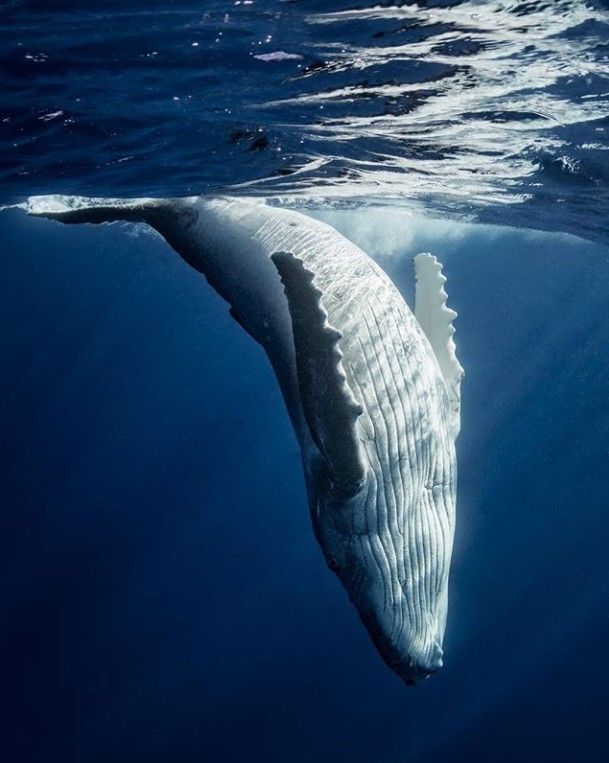The blue whale, the largest animal ever known to have existed, was almost exterminated in the 20th century due to commercial whaling. Hunters have killed whales for their oil and meat for centuries, and countries like Norway, Japan and Iceland have continued to engage in this practice. Japan’s government only this year has commissioned a new vessel, the Kangei Maru, to hunt whales near Greenland. Paul Watson, an environmental and animal rights activist, attempted to halt the Kangei Maru from its course to protest whaling. This was quickly shut down as Watson was soon arrested, and the vessel continued operations.
But why does this matter?
Whales are one of the leading animals that help to reduce greenhouse gasses, the leading cause for the climate crisis. They are able to do this by holding substantial amounts of carbon dioxide throughout their lifetime – approximately 33 tons! Once they die, their carcasses sink to the bottom of the floor and trap the gas until their bodies biodegrade and the leftover carbon is returned into the carbon cycle.
Along with that, their waste is rich in nutrients which fuels phytoplankton and algae organisms which directly capture the equivalent of four Amazon rainforests’ worth of carbon dioxide each year as they photosynthesize and produce half the oxygen we breathe.
Multiple species of whales are at risk of becoming extinct or being put on the critically endangered list, a result solely attributed to anthropogenic (human-based) action. Fishing lines, whaling and pollution are all major factors that have contributed to the decline in whale populations. Paul Watson’s mission was to bring awareness to this issue, but with such an important activist in prison, little change can be made. Small actions such as imprisoning one activist can cause a huge effect not only on the whale population, but on the ocean’s ecosystems and, in turn, our planet’s health.
To help with the cause, please sign the petition #FREEPAULWATSON, do some research, and donate if you can. Your voice matters.


Colleen • Oct 29, 2024 at 10:41 AM
Thank you for helping to get this message out to the public. Whales are extremely valuable to our ecosystem.